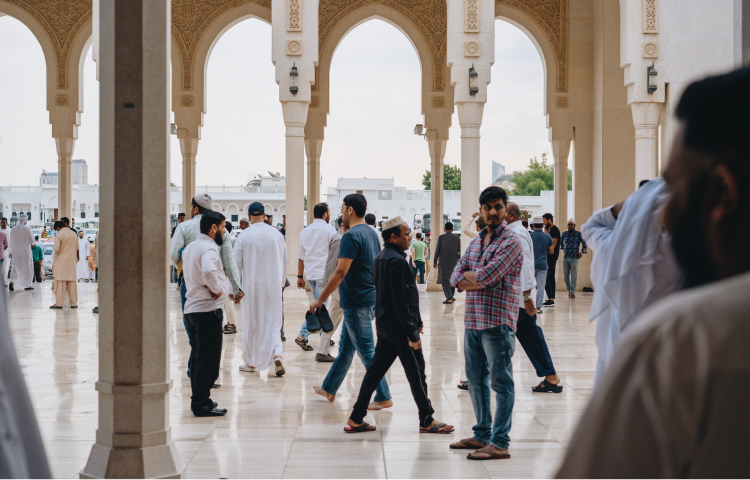
Situation
In recent years, the United Arab Emirates (UAE) has witnessed rapidly increasing demand for healthcare services. Despite rising healthcare spending in both the public and private sectors, some high-cost and specialty treatments remain unaffordable for a select number of patients in the country, primarily expats, which make up 88% of UAE’s population.
To address the lack of healthcare access innovation, a multinational pharmaceutical company partnered with Axios to design an innovative strategy to help improve access to treatment for more than a dozen critical medications to treat Hematology, Immunology, Pulmonology, Neuroscience and cardiovascular diseases.
initiate a shared payment access program to increase. The program initiated in the UAE, but has since expanded to other countries in the region facing similar challenges.
Solution
Designed to help patients who are uninsured or those who have private health insurance but can’t afford the copay, Axios utilized an innovative cost-sharing model coupled with personalized treatment adherence support.
To determine how much financial support a patient needs to pay for their full course of treatment, Axios utilizes its validated Patient Financial Eligibility Tool (PFET). Unlike other tools, PFET aims to capture a complete picture of both formal and informal income sources by taking into consideration a combination of indicators, including income level, standards of living and assets.
Based on the results of the assessment, enrolled patients pay for a certain number of treatment cycles each year, or, in the case of insured patients, receive vouchers to cover co-pays or minimize potential cash flow issues. The remaining cost is covered by other parties including the pharmaceutical company and local charities.
To extend the reach of the Program, Axios established partnerships with several local charities and NGOs that are able to further support patients who are not able to pay their share of the treatment cost. In collaboration with these and other partners, patients also receive ongoing personalized support to help them adhere to their treatment.
Axios is responsible for the design of the program and for ongoing patient and drug logistics management, serving as the main point of contact for physicians, patients and pharmacists.
The program is supported by the Dubai Health Authority, and was the first treatment cost-sharing initiative in the region.
Results
The Program has been running for more than 11 years and has grown to include 23 medications and support patients across the MENA region.
Patient acceptability. More than 5,000 patients have been supported over the years, receiving prescribed medicines they would otherwise not be able to afford.
Broad network of support. Through the program, Axios has built a network of governmental agencies, 38 regional charities, and in excess of 10 health societies, 20 patient organizations, 500 pharmacies, and 100 hospitals to support patients enrolled in the program.
A role model for access. In the UAE, this was the first access program to be approved by the nation’s health authorities. In the decade since it has become a role model for other public health programs in the region and helped inform the development of critical access guidelines used by healthcare stakeholders across the region.

